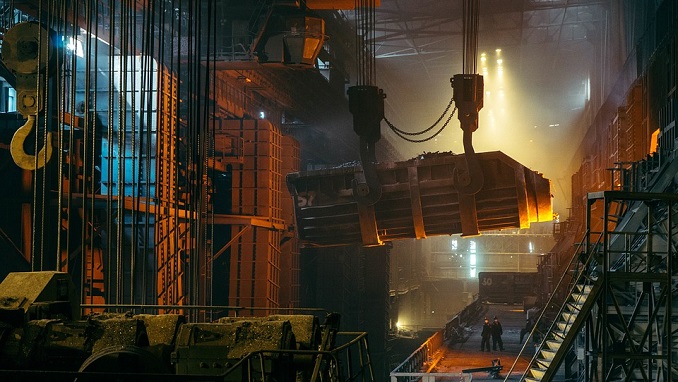A bailout package for the Russian automotive components industry worth194 billion rubles ($3 billion) was devised by Russia’s Industry and Trade Ministry, Automotive Logistics writes.
According to the ministry, the package should help Russian carmakers, including Gaz, Kamaz, Sollers and Avtovaz, to increase the share of components they source on the domestic market by boosting output, thereby avoiding the risk of supply shortages brought about by U.S. sanctions.
The threat of sanctions against companies owned by Oleg Deripaska, particularly Gaz, and the threat of action against those companies doing business with the vehicle maker, has been hanging over the automotive sector in Russia for over a year. The bailout program is reported to be based on an appeal submitted by Gaz to the federal government earlier this year, when the carmaker warned that the U.S. sanctions could bring a heavy impact on its business.
Gaz has been importing a broad range of automotive components, and all non-Russian suppliers are likely to cut their ties with the carmaker under a threat of secondary sanctions. Gaz has around 600 non-Russian components suppliers, including some U.S.-based companies, and all of them would be forced to cease trading with the company if the sanctions are brought in this November. The Russian parts sector is currently unable to make up the shortfall.
The Industry and Trade Ministry said it was necessary to establish a new state-owned company to run the project. That company would choose specific projects eligible for state aid, distribute state funds and supervise the progress of import-replacement on the domestic market.
However, the new funding program is yet to be approved by the Russian Finance Ministry and the Economic Development Ministry. Citing sources in the Federal Government, Russian newspaper Kommersant reported there was a slim chance that the Industry and Trade Ministry would get a green light for the project, with one source stating that the “times when the Russian automotive industry was the subject of multi-billion state aid are gone.”












